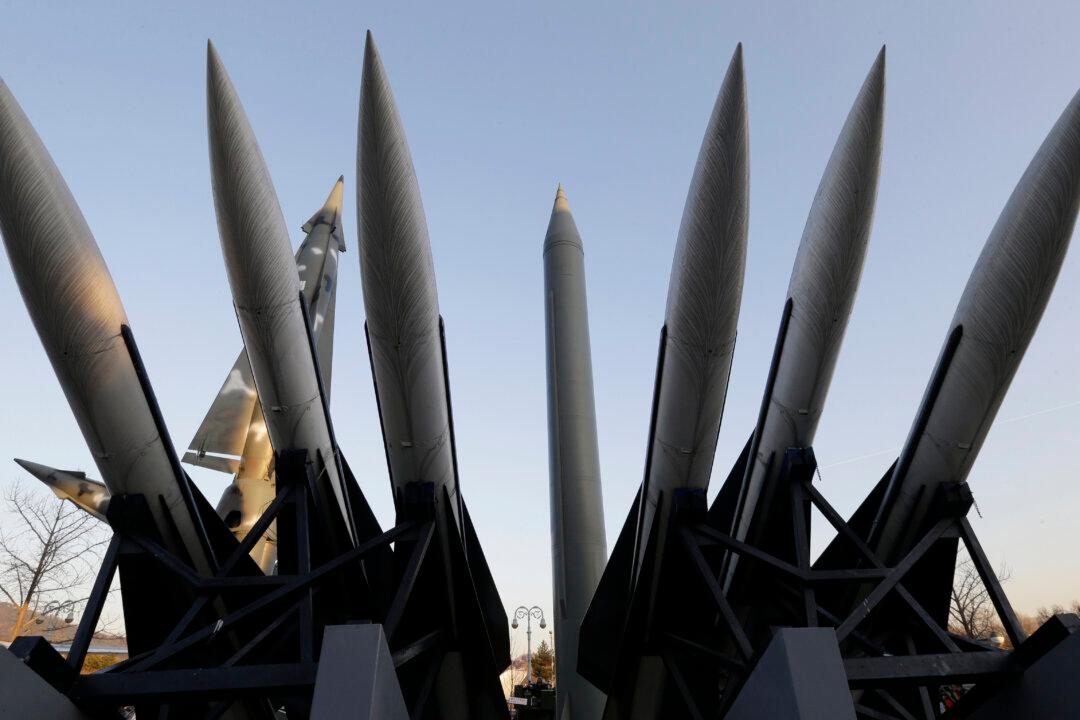MOSCOW—Russia has finalized a contract for the delivery of advanced air-defense missile systems to Iran, the head of a Russian state-controlled industrial conglomerate said Monday.
Sergei Chemezov, the head of Russian Technologies, the holding company that includes the Rosoboronexport arms trader, said Monday on a trip to Dubai that “the contract with Iran for the S-300 has entered into force,” according to Russian news agencies.
Russia in 2010 froze a deal to supply advanced S-300 missile systems to Iran, linking the decision to U.N. sanctions. President Vladimir Putin lifted the suspension earlier this year following Iran’s deal with six world powers that curbed its nuclear program in exchange for relief from international sanctions.
Once the first part of the contract is fulfilled, Moscow expects Iran to drop its lawsuit at a court in Geneva seeking damages for the suspension of the original deal, Chemezov said.
He wouldn’t specify what version of the system Russia will supply or when the delivery will be made. Russian officials have said that the specific model of the S-300 that Russia was to deliver under the 2007 contract is no longer produced, and offered Iran a modified version of it.
The missile system deal has long worried Israel and other countries in the region, as well as the U.S., which see it as destabilizing.





